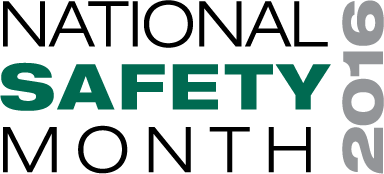HSA accounts follow a new set of rules for employees that enroll in Medicare. If any of your employees are covered by a High Deductible Health Plan (HDHP), contribute to a HSA, and are looking to enroll in Medicare these rules apply to you.
- INSURANCE
- BENEFITS
- CYBER
- DE-RISKING CENTER
- INDUSTRIES
- TRANSPORTATION
- INSURANCE
- EMPLOYEE BENEFITS
- DOT COMPLIANCE TRAINING
- ACRISURE TRUCK GROUP
- DE-RISKATHON
- MASTERCLASS EDUCATION
- TED TALK
- DE-RISKING NETWORK
- PODCAST
- INSURANCE
- CLIENT STORIES
- INDUSTRY STUDY
- FREIGHT BROKERS
- SMALL FLEETS (LESS THAN 10 UNITS)
- INSURANCE FOR INDEPENDENT CONTRACTORS
- HEALTH INSURANCE FOR INDEPENDENT CONTRACTORS
- CONSTRUCTION
- MANUFACTURING
- PUBLIC/NON-PROFIT
- TRANSPORTATION
- ABOUT
- CLIENT TOOLS
- CAREERS
.png?width=69&height=53&name=Acrisure%20Logo%20(White%20Horizontal).png)











